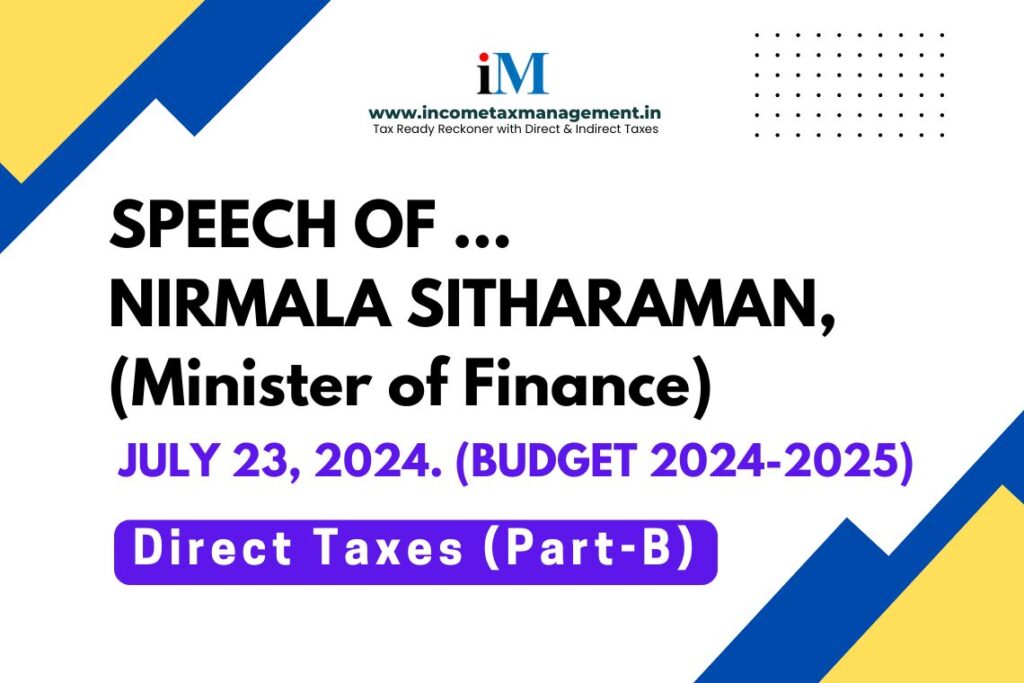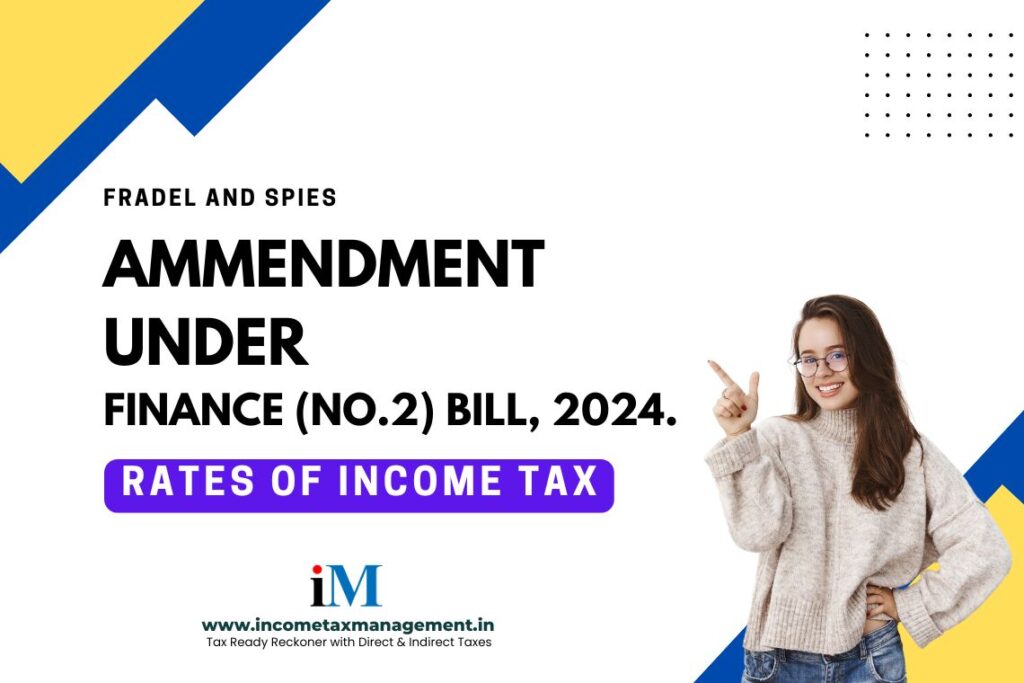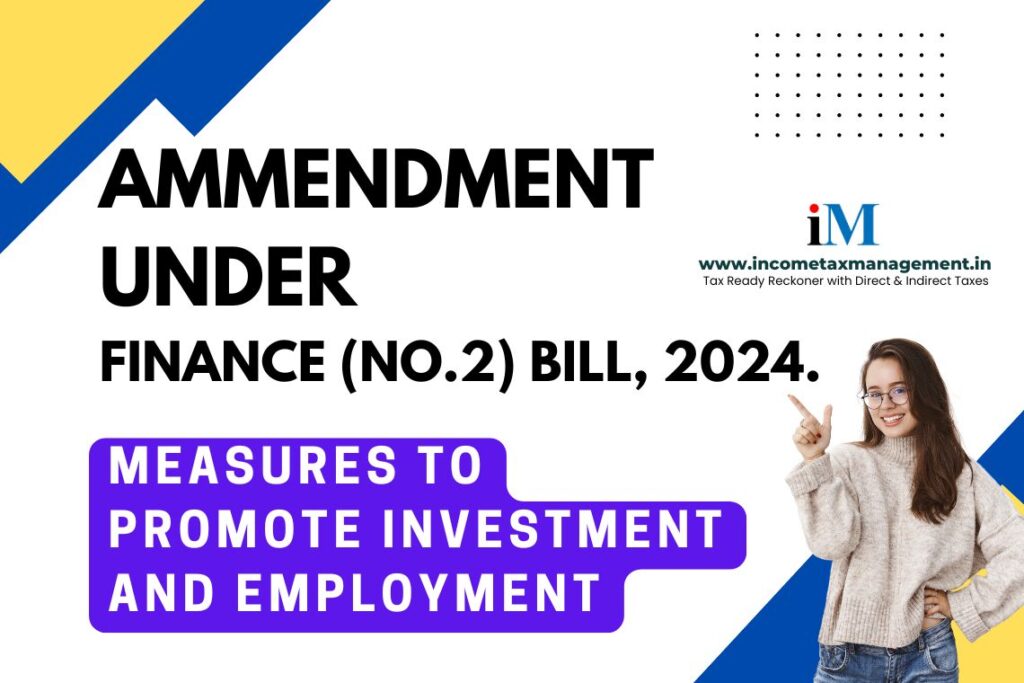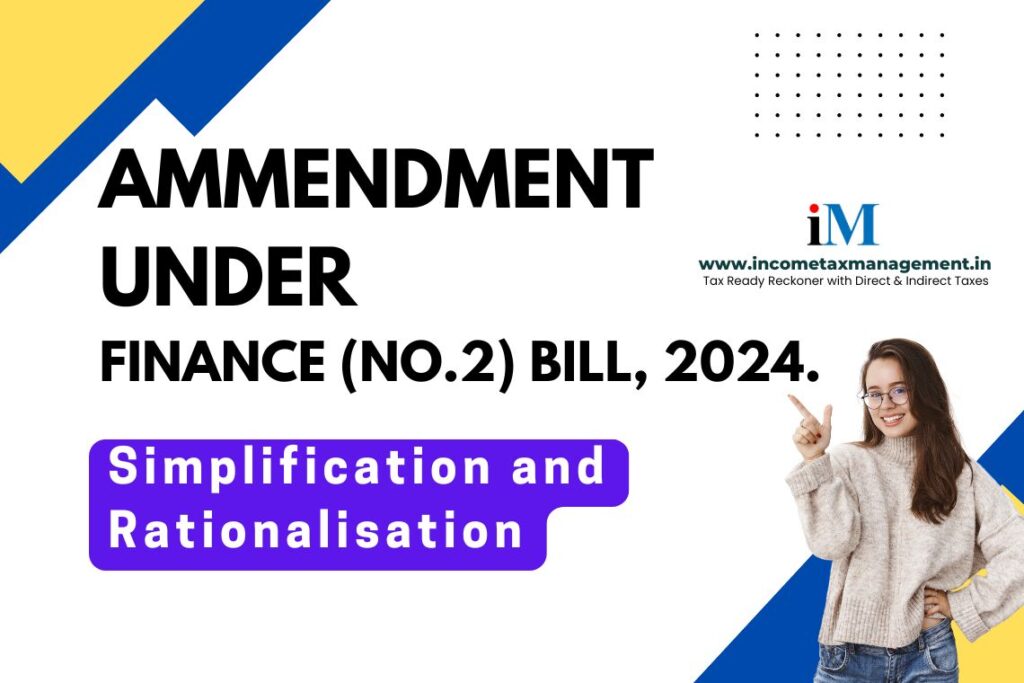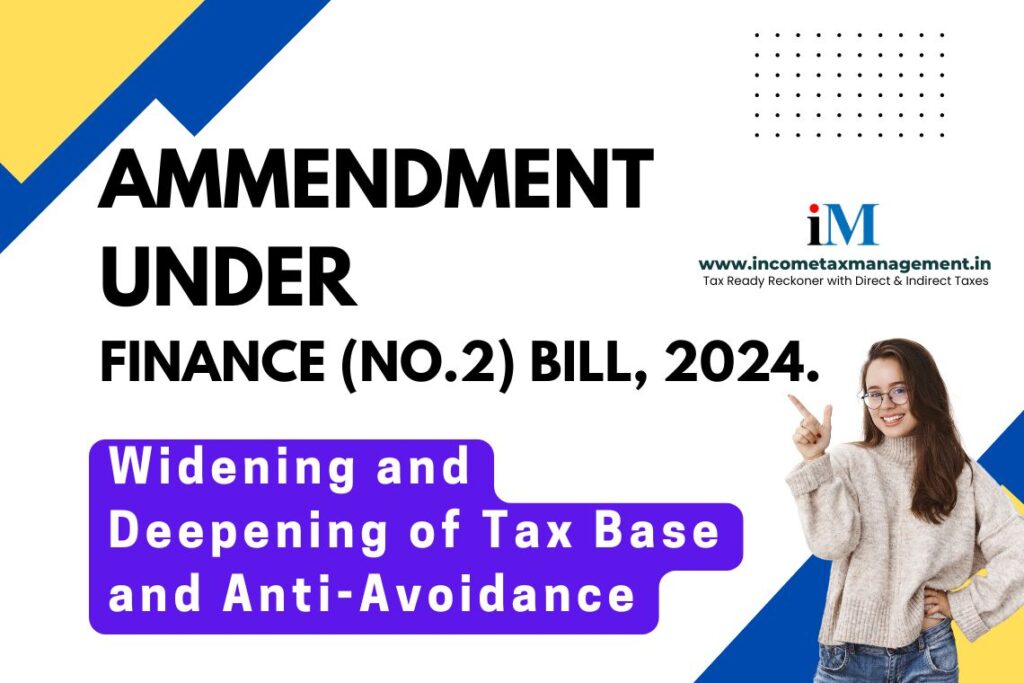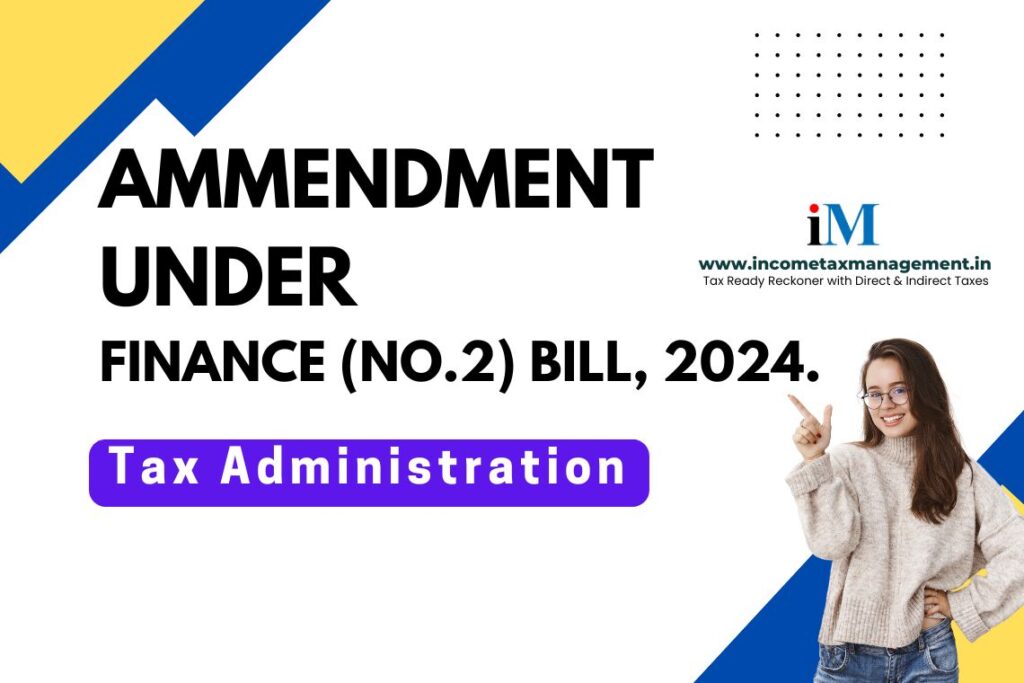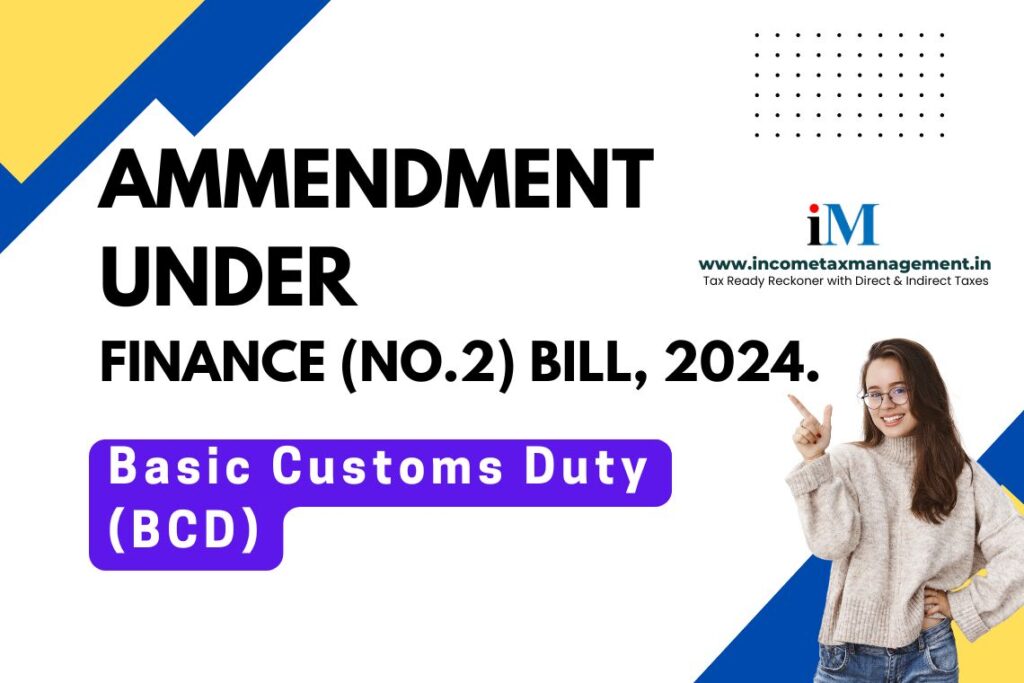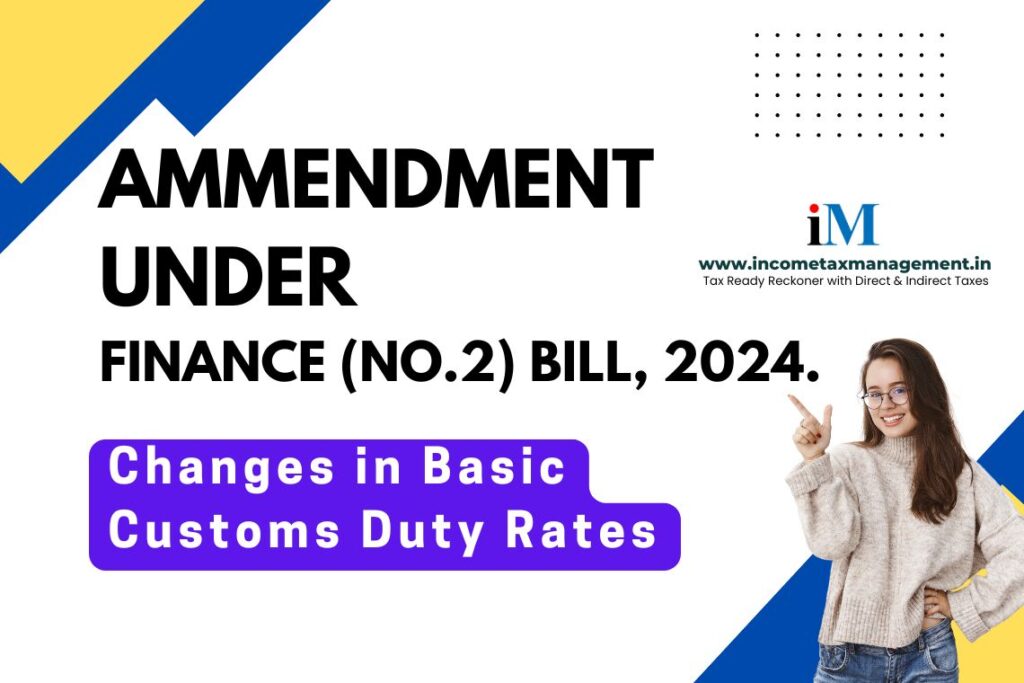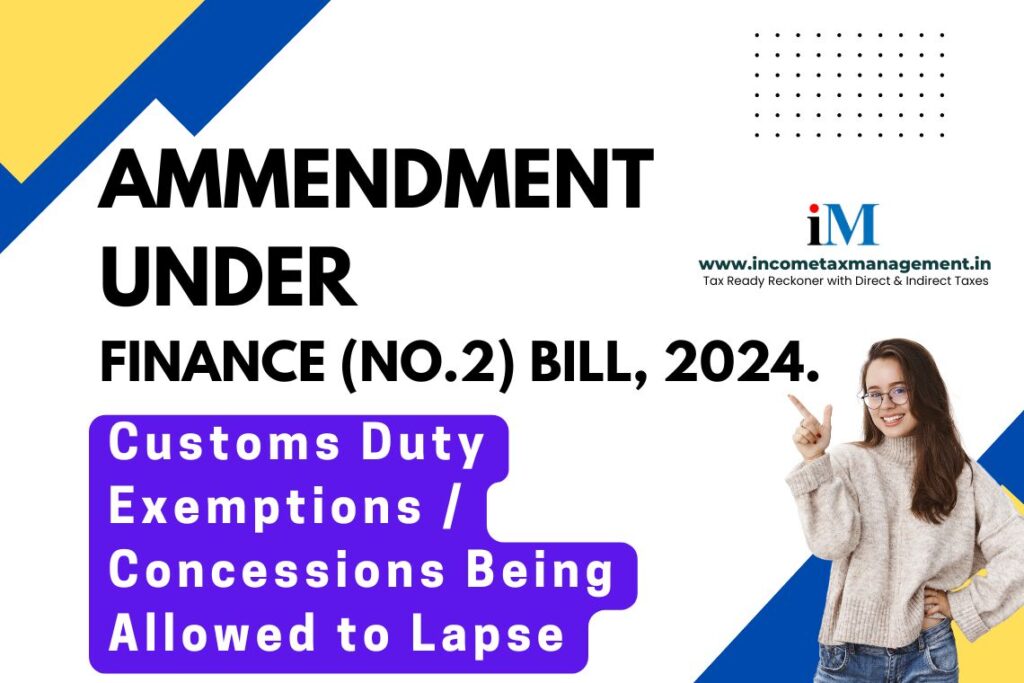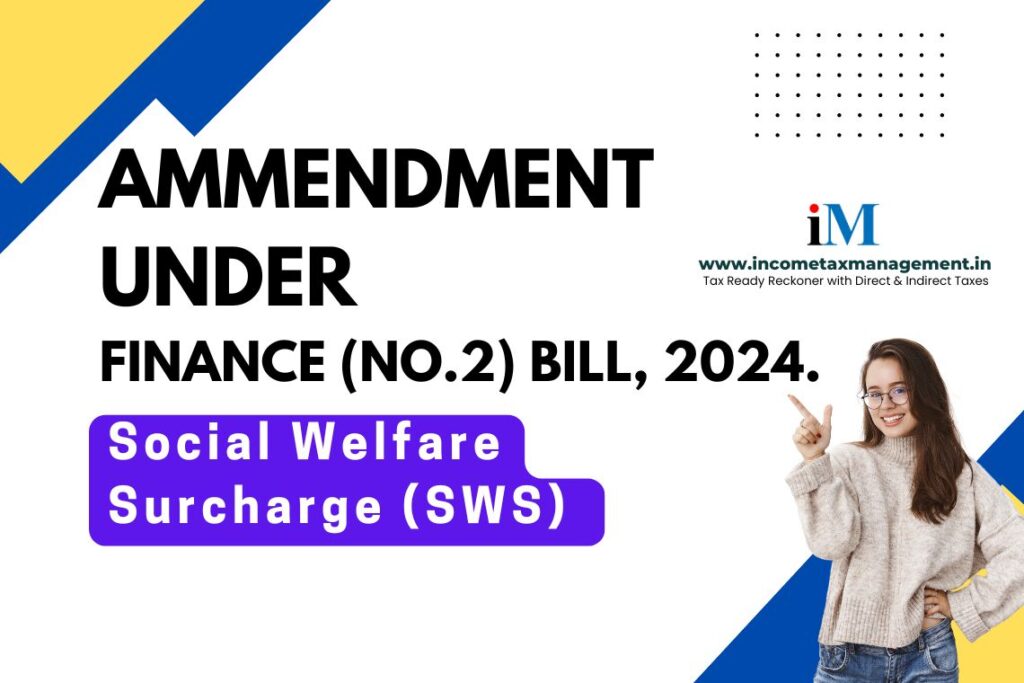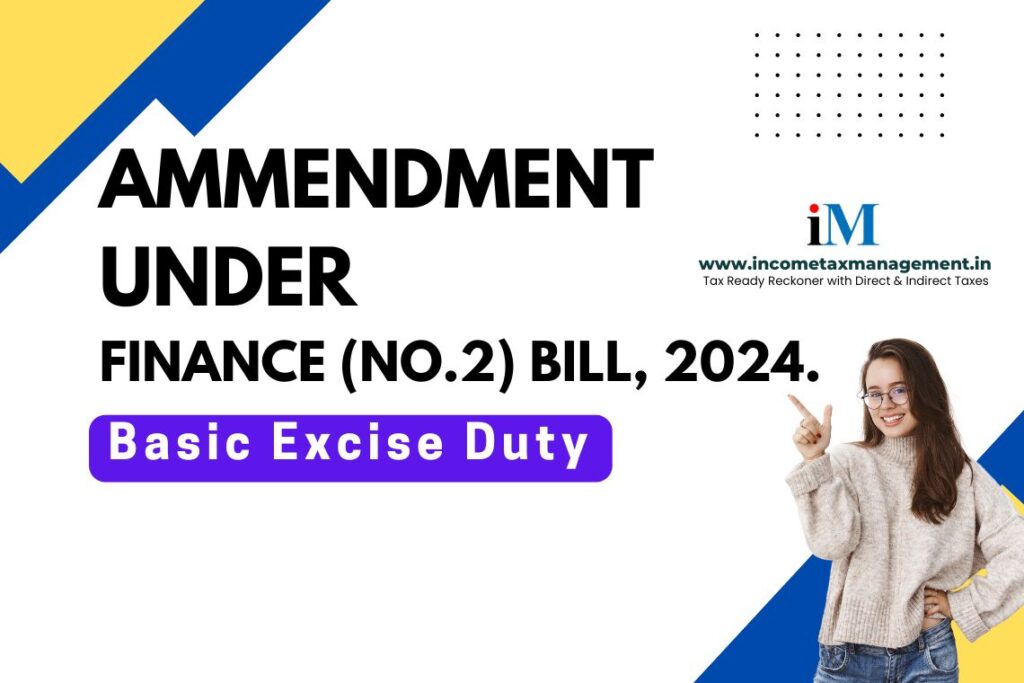- We will continue our efforts to simplify taxes, improve tax payer services, provide tax certainty and reduce litigation while enhancing revenues for funding the development and welfare schemes of the government.
- It has been our endeavour to simplify taxation. We have taken a number of measures in the last few years including introduction of simplified tax regimes without exemptions and deductions for corporate tax and personal income tax. This has been appreciated by tax payers. 58 per cent of corporate tax came from the simplified tax regime in financial year 2022-23. Similarly, as per data available till now for the last fiscal, more than two-thirds have availed the new personal income tax regime.
Comprehensive Review of the Income-tax Act, 1961
- I am now announcing a comprehensive review of the Income-tax Act, 1961. The purpose is to make the Act concise, lucid, easy to read and understand. This will reduce disputes and litigation, thereby providing tax certainty to the tax payers. It will also bring down the demand embroiled in litigation. It is proposed to be completed in six months.
- A beginning is being made in the Finance Bill by simplifying the tax regime for charities, TDS rate structure, provisions for reassessment and search provisions and capital gains taxation.
Simplification for Charities and of TDS
- The two tax exemption regimes for charities are proposed to be merged into one. The 5 per cent TDS rate on many payments is being merged into the 2 per cent TDS rate and the 20 per cent TDS rate on repurchase of units by mutual funds or UTI is being withdrawn. TDS rate on e-commerce operators is proposed to be reduced from one to 0.1 per cent. Moreover, credit of TCS is proposed to be given in the TDS to be deducted on salary. Further, I propose to decriminalize delay for payment of TDS up to the due date of filing statement for the same. I also plan to provide a standard operating procedure for TDS defaults and simplify and rationalise the compounding guidelines for such defaults.
Simplification of Reassessment
- I propose to thoroughly simplify the provisions for reopening and reassessment. An assessment hereinafter can be reopened beyond three years from the end of the assessment year only if the escaped income is Rs. 50 lakh or more, up to a maximum period of five years from the end of the assessment year. Even in search cases, a time limit of six years before the year of search, as against the existing time limit of ten years, is proposed. This will reduce tax-uncertainty and disputes.
Simplification and Rationalisation of Capital Gains
- Capital gains taxation is also proposed to be hugely simplified.
- Short term gains on certain financial assets shall henceforth attract a tax rate of 20 per cent, while that on all other financial assets and all non-financial assets shall continue to attract the applicable tax rate.
- Long term gains on all financial and non-financial assets, on the other hand, will attract a tax rate of 12.5 per cent. For the benefit of the lower and middle-income classes, I propose to increase the limit of exemption of capital gains on certain financial assets to Rs. 1.25 lakh per year.
- Listed financial assets held for more than a year will be classified as long term, while unlisted financial assets and all non-financial assets will have to be held for at least two years to be classified as long-term.
- Unlisted bonds and debentures, debt mutual funds and market linked debentures, irrespective of holding period, however, will attract tax on capital gains at applicable rates.
Tax Payer Services
- All the major tax payer services under GST and most services under Customs and Income Tax have been digitalised. All remaining services of Customs and Income Tax including rectification and order giving effect to appellate orders shall be digitalized and made paper-less over the next two years.
Litigation and Appeals
- While our concerted efforts to reduce pendency of appeals at various appellate fora are beginning to show good results, it will continue to engage our highest attention.
- To dispose of the backlog of first appeals, I plan to deploy more officers to hear and decide such appeals, especially those with large tax effect.
- For resolution of certain income tax disputes pending in appeal, I am also proposing Vivad Se Vishwas Scheme, 2024.
- Further, I propose to increase monetary limits for filing appeals related to direct taxes, excise and service tax in the Tax Tribunals, High Courts and Supreme Court to Rs. 60 lakh, Rs. 2 crore and Rs. 5 crore respectively.
- With a view to reduce litigation and provide certainty in international taxation, we will expand the scope of safe harbour rules and make them more attractive. We will also streamline the transfer pricing assessment procedure.
Employment and Investment
- I have a few proposals to promote investment and foster employment.
- First of all, to bolster the Indian start-up eco-system, boost the entrepreneurial spirit and support innovation, I propose to abolish the so-called angel tax for all classes of investors.
- Second, there is tremendous potential for cruise tourism in India. To give a fillip to this employment generating industry, I am proposing a simpler tax regime for foreign shipping companies operating domestic cruises in the country.
- Third, India is a world leader in the diamond cutting and polishing industry, which employs a large number of skilled workers. To further promote the development of this sector, we would provide for safe harbour rates for foreign mining companies selling raw diamonds in the country.
- Fourth, to attract foreign capital for our development needs, I propose to reduce the corporate tax rate on foreign companies from 40 to 35 per cent.
Deepening the tax base
- I have a couple of proposals for deepening the tax base. First, Security Transactions Tax on futures and options of securities is proposed to be increased to 0.02 per cent and 0.1 per cent respectively. Second, for reasons of equity, I propose to tax income received on buy back of shares in the hands of the recipient.
Others
- To improve social security benefits, deduction of expenditure by employers towards NPS is proposed to be increased from 10 to 14 per cent of the employee’s salary. Similarly, deduction of this expenditure up to 14 per cent of salary from the income of employees in private sector, public sector banks and undertakings, opting for the new tax regime, is proposed to be provided.
- Indian professionals working in multinationals get ESOPs and invest in social security schemes and other movable assets abroad. Non-reporting of such small foreign assets has penal consequences under the Black Money Act. Such non-reporting of movable assets up to Rs. 20 lakh is proposed to be de-penalised.
- Other major proposals in the Finance Bill relate to:
-
- Withdrawal of equalization levy of 2% ;
- Expansion of tax benefits to certain funds and entities in IFSCs; and
- immunity from penalty and prosecution to benamidar on full and true disclosure so as to improve conviction under the Benami Transactions (Prohibition) Act, 1988.
Personal Income Tax
- Coming to Personal Income Tax Rates, I have two announcements to make for those opting for the new tax regime. First, the standard deduction for salaried employees is proposed to be increased from Rs. 50,000/- to Rs. 75,000/-. Similarly, deduction on family pension for pensioners is proposed to be enhanced from Rs. 15,000/- to Rs. 25,000/-. This will provide relief to about four crore salaried individuals and pensioners.
- Second, in the new tax regime, the tax rate structure is proposed to be revised, as follows:
| 0-3 lakh rupees | Nil |
| 3-7 lakh rupees | 5% |
| 7-10 lakh rupees | 10% |
| 10-12 lakh rupees | 15% |
| 12-15 lakh rupees | 20% |
| Above 15 lakh rupees | 30% |
As a result of these changes, a salaried employee in the new tax regime stands to save up to Rs. 17,500/- in income tax.
- Apart from these, I am also making some other changes as given in the annexure.
- As a result of these proposals, revenue of about Rs. 37,000 crore – Rs. 29,000 crore in direct taxes and Rs. 8,000 crore in indirect taxes – will be forgone while revenue of about Rs. 30,000 crore rupees will be additionally mobilized. Thus, the total revenue forgone is about Rs. 7,000 crore annually.
- Mr. Speaker Sir, with this, I commend the budget to this august House.

